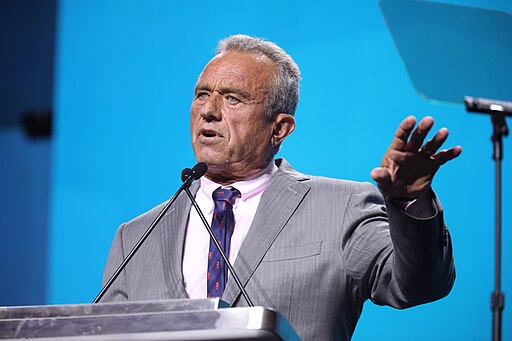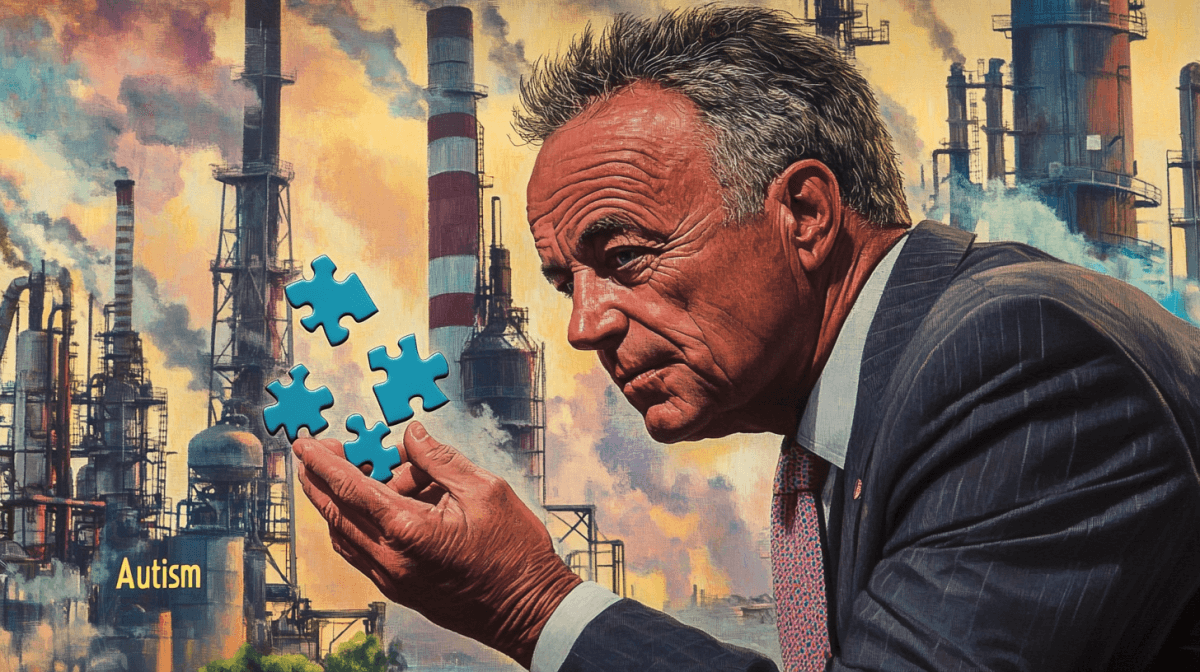
In an assertive move that could reshape the national conversation around autism, Health and Human Services Secretary Robert F. Kennedy Jr. has called the escalating autism rates in America a "preventable" health crisis. During a press conference on Wednesday, Kennedy pinpointed environmental toxins as the primary culprits for the surge in cases, dismissing the argument that improved diagnostics are the sole reason for the increase as an "industry canard."
Kennedy's statements came in the wake of a recent CDC report indicating that about 1 in 31 children is diagnosed with autism by age 8, marking a notable rise from 1 in 36 in 2020. The HHS Secretary announced his department's plans to initiate a new wave of research within the Administration for Healthy America, aimed at identifying the environmental factors at play. He highlighted substances such as mold, pesticides, and medicines, as well as ultrasounds, while labeling genetic research as a diversion from the true cause.
"Genes do not cause epidemics. It can provide a vulnerability. You need an environmental toxin," Kennedy argued, underscoring the need for a shift in focus. His comments were supported by Dr. Walter Zahorodny of Rutgers New Jersey Medical School, who emphasized the urgency of the situation and the need for serious consideration of environmental or risk factors as potential triggers for autism.
Kennedy also criticized the current monitoring systems for chronic diseases, calling for a more responsive approach akin to that used for infectious diseases like measles. The CDC report's authors, however, have pointed to "improvements in early identification of autism" and the variability in prevalence across communities due to differing availability of diagnostic services.
Despite the fresh perspective offered by Kennedy and Zahorodny, their views have attracted significant criticism from advocacy organizations. The Autism Society of America strongly rebuked the HHS Secretary's claims, condemning the notion that autism's cause could be swiftly identified and eradicated as "harmful, misleading, and unrealistic." Christopher Banks, CEO of the society, cautioned against labeling autism as an epidemic and emphasized the importance of credible research methodologies.
The scientific community generally agrees that autism is influenced by a combination of factors, with genetics playing a considerable role. Many experts believe that the increase in diagnosis largely results from expanded awareness and better identification resources, especially for underserved populations.
Kennedy's bold stance signals a potential shift in policy direction and research priorities under the new Administration for Healthy America. As society grapples with the implications of his statements, it's clear that the conversation surrounding autism's causes and prevention is far from settled.

